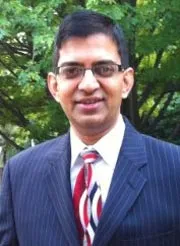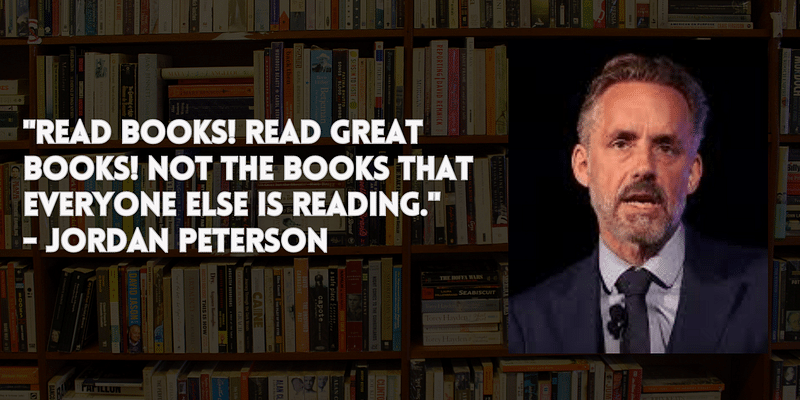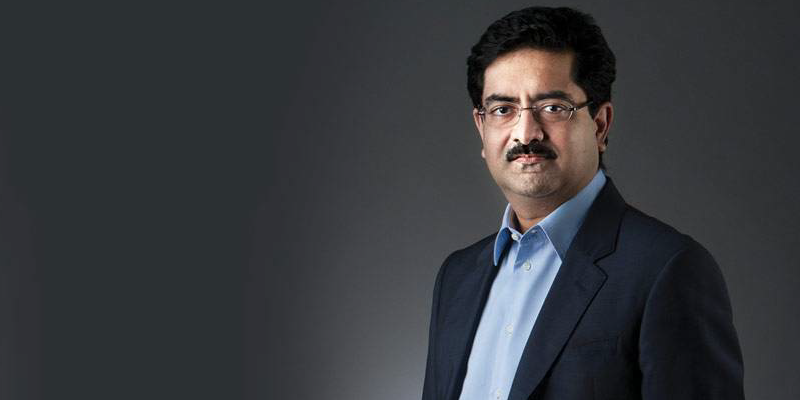We will see more part-time entrepreneurs, and couples doing startups from home - Kanth Miriyala, co-author, Entrepreneur 5 pm to 9 am

Kanth Miriyala is the co-author of the book “Entrepreneur 5 pm to 9 am: Launching a Profitable Startup Without Quitting Your Job” (see my book review here ). He was one of the co-founders for Quintant, which was sold to iGATE in 2003. He then became an early stage investor in Qik, a mobile video streaming company, later sold to Skype.
Miriyala joins us in this exclusive interview on market testing for startups, VC trends and entrepreneurship models.
YS: How was your book received?
The first edition of the book is sold out. We got very good reviews from Top B-school professors, authors and business professionals. Here is a quote we have received from Mr. Prakash Iyer, MD, Kimberly Clark and author of best-selling business books: Habit of Winning and The Secret of Leadership. "Entrepreneur 5 pm to 9 am is an easy-to-read (and hard-to-put-down!) collection of practical advice and proven ideas for budding entrepreneurs who find themselves stuck in regular jobs. If you nurture dreams of starting your own enterprise but are scared to quit your current job, I'd advise you to take the first step: read this book!"
Overall, people were motivated by the fact that they could run their own business while working in a full-time job. One unusual response was someone that asked my co-author, Reethika, why she wasn't an entrepreneur. Funny thing is that she is; and this book was a result of it!
YS: What are the typical challenges entrepreneurs face as they scale up their company from an emerging economy market to a mature economy market?
Main thing is to realize that people are different. The market is different. In our book we recommend an experimental approach to releasing products. Experimentation mostly results in failure. Failure results in learning. That learning results in refinement of product. This proceeds iteratively until there is a "product market fit" as Eric Ries would call it.
A product that worked in India does not necessarily work the same in the US. By product we mean not just the product but associated pricing and positioning as well. Hence those have to be iteratively tested in a new market just as you did the first time for India.
YS: What are some of the startups you have recently invested in?
We talked about Qik in our book. Carematix was another company that produces devices in the health and wellness space. In addition, I have invested in a startup in the healthcare space (post-surgical recovery), an ebook publishing company (Gyantra/Qikest) that I am also a part of and another one that produces products that protect kids and families on the internet.
YS: What trends do you see in venture capital movement from mature to emerging economies?
VCs take into consideration a variety of factors: 1) Where are the startup entrepreneurs based? 2) Where will their product be sold? 3) India is a knowledge economy; there is a huge growing number of bright educated individuals that are starting off on their own.
VCs know based on their past experiences with Indians in India and US that they can produce some serious startups. And they don't want to miss out on potential black swans coming out of India.
There will be 3 kinds of models:
1. Models that worked in US will be morphed to work in India: e.g., for books, music and movies
2. Models that work for Indians may make their way to US (again morphed possibly)
3. Models that work for both.
There will be many areas covering ecommerce, cloud and mobile especially in education and health. Crowdfunding is likely to be a major source of funding for early stage startups in India soon.
YS: How should innovators strike that delicate balance between ‘Stick to your vision’ and ‘Adapt to a changed world’?
Adapting to a changed world is what we call as experimentation and iteration. That is the way to achieve your vision. Vision is a state of the world; it is not the design of a product. The way the question is phrased is beautiful. This question cleverly identifies the common flaw in what entrepreneurs call vision when they really mean the design of a product.
YS: Is there such a thing as the ‘ideal age’ for an entrepreneur, or can the startup bug strike you at any time?
One can be an entrepreneur at any age. The key is to keep costs low and life balanced. The spouse and kids should not be affected much. Hence we will see more part time entrepreneurs before they have kids than after; also after the kids have grown up and gone ("empty nesters"). Also we will see more couples doing startups together from home.
YS: Most of the examples that you mention in your book are tech or online startups. What are your observations about start-ups in other sectors?
Typically harder to do as part-time entrepreneurs. Part-time entrepreneurs tend to focus on software or Internet or mobile startups typically. Hardware or capital intensive startups are rarer in a "part time entrepreneurship" scenario.

YS: Who are some of the entrepreneurs you admire the most today?Steven Blank, Eric Ries, Timothy Ferris, Ratan Tata.
YS: When do you think we will see a Google-like start up coming out of India?
Tomorrow, next year, next decade...don't know. It’s a black swan. Nobody knows when it will happen. But as the number of entrepreneurs from India grows, so do the chances of a Google-like company emerging from India. The question - in my opinion - is not "if" but "when".
YS: What is your next book going to be about?
We will have a series of mini-books from part-time entrepreneurs; they are intended to be instructional and motivational, both.
YS: What is your parting message to the startups and aspiring entrepreneurs in our audience?
I will use Nike's line, "Just Do It".
[ Follow YourStory.in’s research director Madanmohan Rao at http://twitter.com/MadanRao ]











